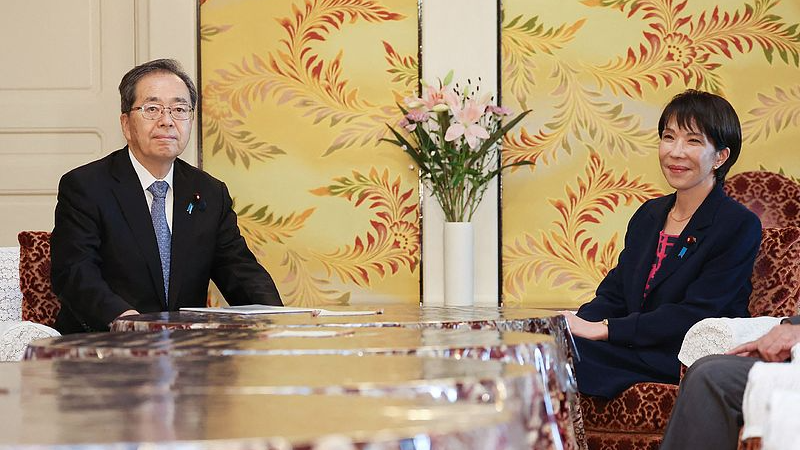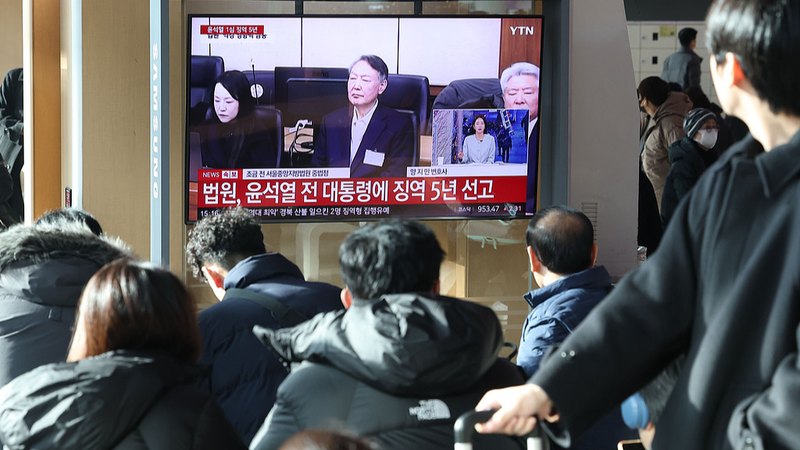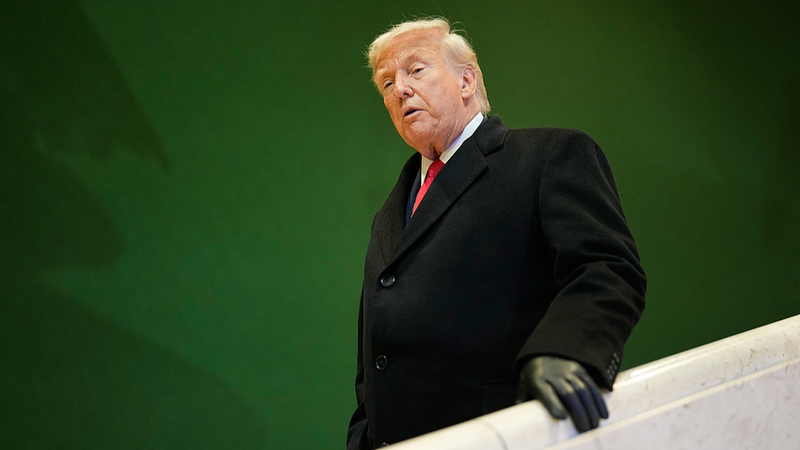Japan's junior coalition partner, Komeito, just dropped a bomb: they're calling it quits with the Liberal Democratic Party (LDP) after over 25 years of working together. 😲 Why? It boils down to politics and money.
Komeito leader Tetsuo Saito met with new LDP chief Sanae Takaichi and said, 'No more coalition.' The sticking point? Political funding reforms. Komeito wanted the LDP to cap corporate donations at 20 million yen (around $130,000) per year to limit big business influence on policymaking. But the LDP, which gets the lion's share of corporate cash, wasn’t having it.
They also clashed over historical issues—like visits to the controversial Yasukuni Shrine in Tokyo—and concerns that some of the LDP’s proposed policies might exclude foreigners. But it was the funding scandal that pushed Komeito over the edge. Saito said tackling the 'politics-money nexus' is his party’s top priority, and they weren’t satisfied with the answers they got.
What happens now? In Japan, the prime minister must be elected by the Diet (Japan’s parliament). Komeito’s exit means Takaichi can’t count on their votes to become the country’s first female premier. She’ll need to woo other parties in the upcoming parliamentary session—a tricky move that could slow down her plans.
This split shakes up what’s known among investors as the 'Takaichi trade,' once fueled by hopes of big fiscal stimulus. Now, markets and the political arena are watching closely: will the LDP find new allies, or is this the start of a major realignment?
For young voters and early-career pros across South and Southeast Asia, this is more than a Japanese drama. It’s a reminder of how coalition politics, campaign cash, and transparency shape governments—and by extension, policies that impact regional economies, tech partnerships, and cultural ties. 🌏
Stay tuned as this story unfolds and more parties step into the spotlight. Who knows? The next political twist could be around the corner. 🔄
Reference(s):
cgtn.com




